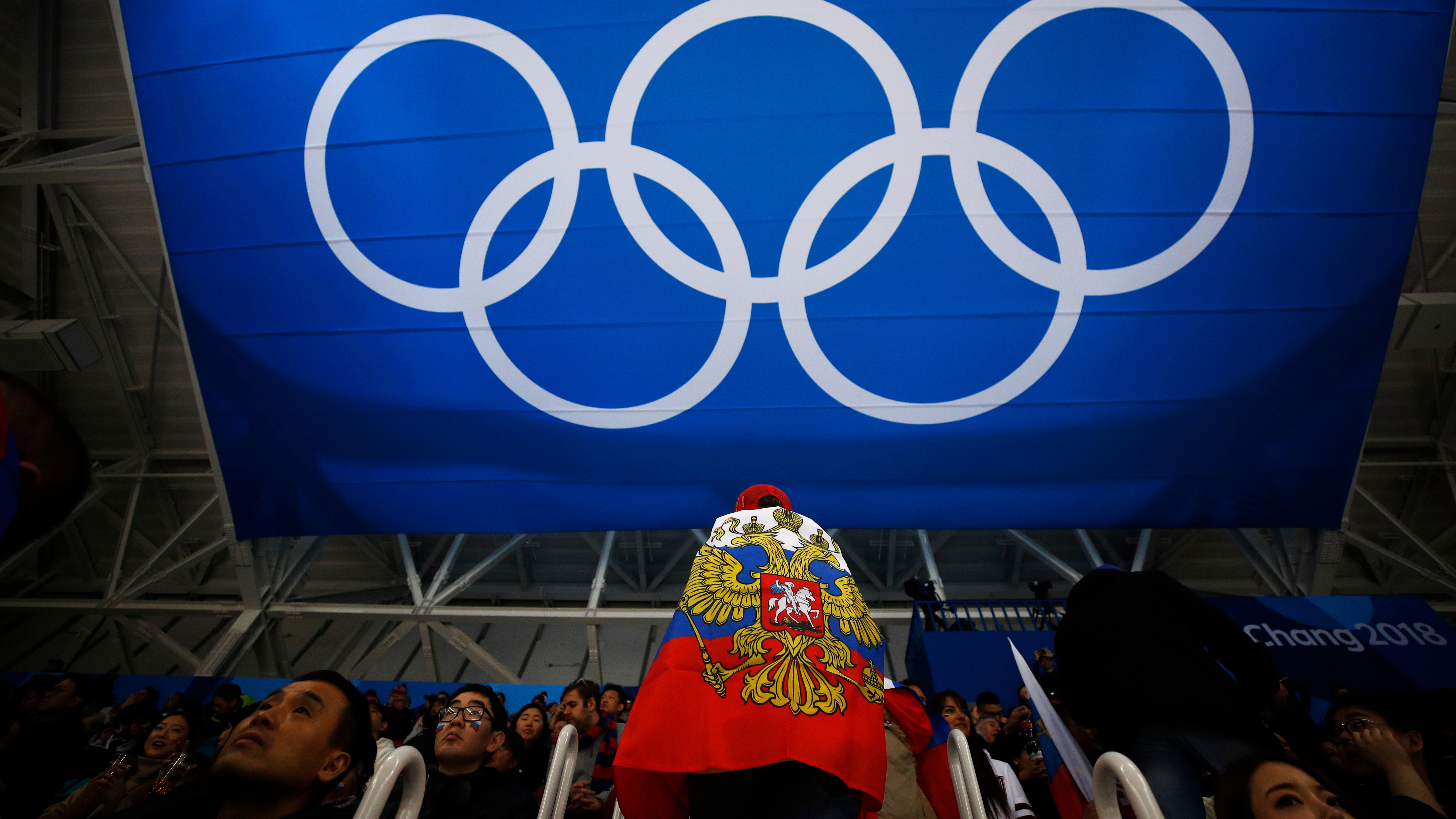
A group of National Anti-Doping Organizations (NADOs) have stepped up criticism of the International Olympic Committee (IOC) following the decision to lift Russia’s suspension if no fresh new doping cases among their athletes emerge from Pyeongchang 2018, claiming management of the crisis has “gone from bad to worse.”
In a statement, the Institute of National Anti-Doping Organizations (iNADO) accused the IOC of making the call for “pragmatic rather than principled reasons.”
The World Anti-Doping Agency (WADA) said it “acknowledged” the IOC’s decision but stopped short of supporting it.
It was confirmed yesterday that the Russian Olympic Committee (ROC) would be reinstated if there are no further positive tests from the delegation which competed as neutrals at Pyeongchang 2018.
This process is expected to be completed over the next 48 to 72 hours.
IOC President Thomas Bach admitted, however, that a new case would not definitely mean an extension of the ban.
Two members of the Olympic Athletes from Russia (OAR) team – curler Aleksandr Krushelnitckii and bobsledder Nadezhda Sergeeva – failed drug tests at the Winter Olympic Games here.
The IOC admitted the two failed tests were the key factor in the decision postpone lifting Russia’s suspension until the Closing Ceremony, meaning they were unable to march under their own flag.
“It has taken two positive tests on Russian athletes to force the IOC’s hand when its clear intention had been to readmit the ROC before the closing of the Pyeongchang Games,” the iNADO said in a statement.
“The disappointing fact that this is another short-lived, negotiated deal, to be lifted promptly within the next few days, indicates the IOC’s management of this issue has gone from bad to worse.
“Clean athletes who have had their Olympic moments stolen, whether it be by missing a medal or even failing to qualify as a result of false results achieved by Russian athletes, deserve a more principled and steadfast response.
“Successive decisions by the IOC in this matter have demonstrated that the interests of these clean athletes have no priority.”
The IOC decision, taken by the Executive Board and rubber-stamped by the Session yesterday, was also condemned by Jim Walden, the lawyer for former Moscow Laboratory director Grigory Rodchenkov.
“Thomas Bach was a drowning man, but finally cooler heads within the IOC threw him a life preserver,” Walden said.
“Yet, in the decision, the IOC had the gall to claim Russia ‘respected’ its decision on December 5th to institute the suspension.
“This, despite Russia’s continued retaliation against the IOC’s main witness, Dr. Rodchenkov, and Russia’s litany of further transgressions, including denial and obstruction toward the IOC and WADA.
“The acrimony caused by Bach’s mismanagement should be his undoing.”
Russian officials expect the ROC ban to be lifted sooner rather than later.
In a statement sent to Russia’s official state news agency TASS, the ROC said: “We hope and we very much expect that in the next few days the ROC’s membership in the IOC will be fully reinstated.”
Russian Sports Minister Pavel Kolobkov also claimed the issue would not overshadow the performance of the OAR team at the 2018 Games, where they won 17 medals.
This included two golds as Alina Zagitova won the women’s singles figure skating and the men’s ice hockey team beat Germany in the final to take the title.
“I’m confident our team’s victories won’t fade away on the background of the accreditation problem,” he told TASS.
By Liam Morgan
Republished with permission from insidethegames.biz.